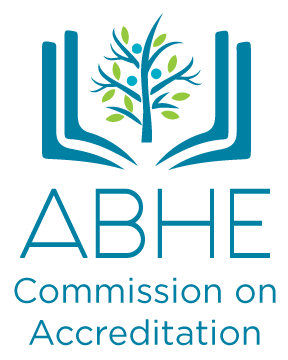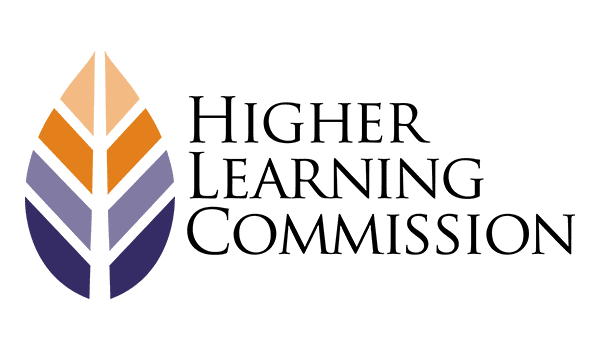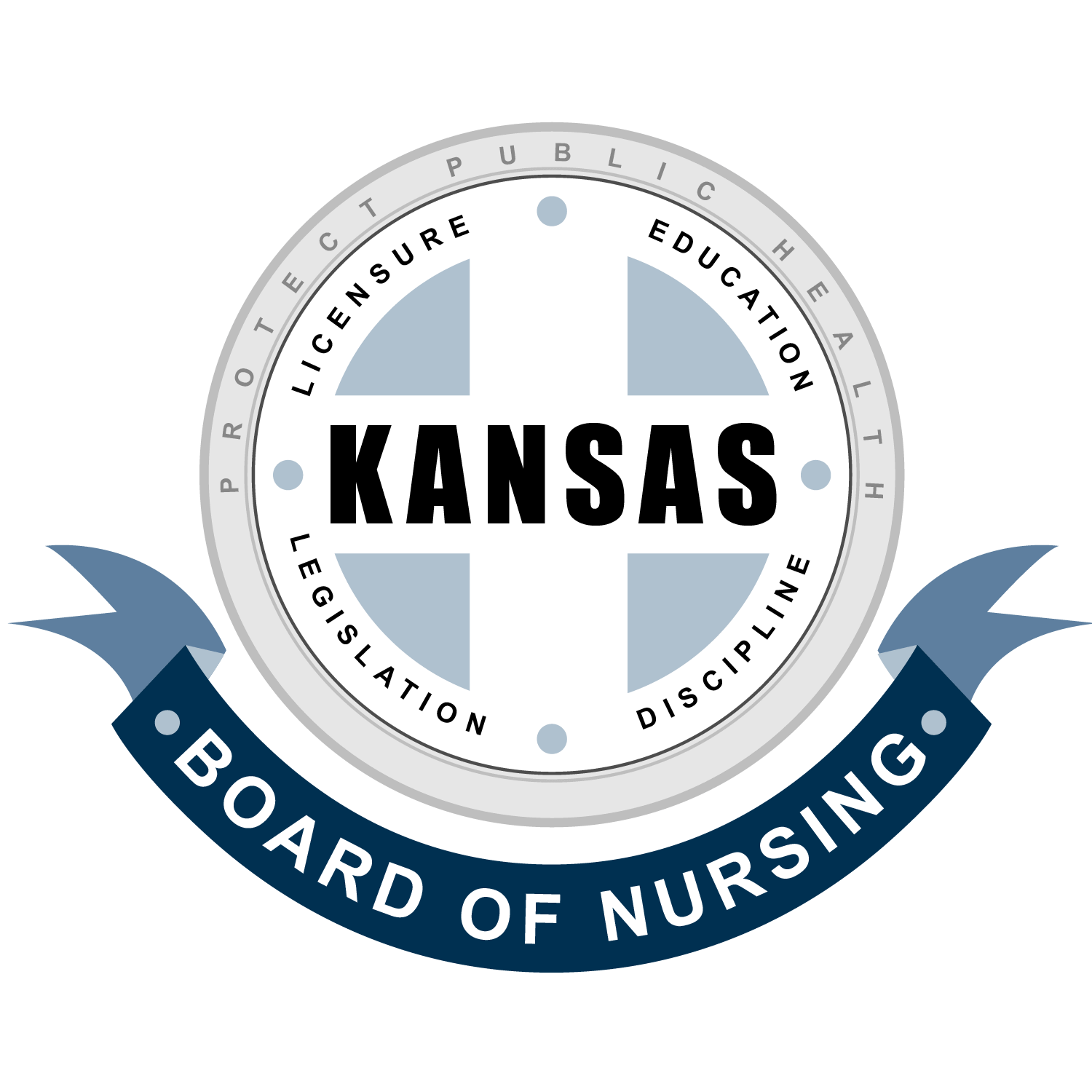Faith-Based, Ministry-Minded,
Professional Nursing Education
Now offering:
- Bachelor of Science in Nursing (BSN)
- Registered Nurse-to-Bachelor of Science in Nursing (RN-BSN)

Bachelor of Science in Nursing (BSN)
The Barclay College BSN program is a traditional face-to-face program designed for those seeking licensure as a registered nurse at the baccalaureate level. This dual-degree program awards a Bachelor of Science in Nursing (BSN) and a Bachelor of Arts in Biblical Studies (BABS).
Registered Nurse-to-Bachelor of Science in Nursing (RN-BSN)
The Barclay College online RN-BSN degree completion program is designed for the associate degree or diploma-prepared registered nurse seeking to advance their degree to the baccalaureate-level.



The Vision of the Barclay College School of Nursing is to be recognized as a center of excellence and innovation, enhancing global communities while sharing the love and teachings of Jesus Christ.
Compelled by the life and teachings of Jesus Christ, the Mission of the Barclay College School of Nursing is to graduate highly competent, ministry-minded nurse generalists who contribute to a diverse global community through effective Christian life, service, and leadership.
This mission is grounded in a Friends tradition that advances a deeper understanding of human dignity and commitment to the sanctity of life.
School of Nursing Goals
- Educate baccalaureate nurse generalists with an integrated biblical perspective to prepare them to be highly competent in providing direct and indirect care, designing/managing/coordinating care, and participating as a member of a profession.
- Meet the health needs of a diverse global community through effective Christian life, service, and leadership.
End of Program Student Learning Outcomes
- Evaluate nursing care provided for humanity’s well-being from a diverse global community to ensure holistic, compassionate, developmentally appropriate, inclusive, and individualized care.
Competencies
- Perform a comprehensive health assessment that is age-appropriate, including physiological, psychological, sociological, and spiritual needs of patients experiencing health alterations in a variety of settings.
- Develop a prioritized plan of care that is holistic, compassionate, empathetic, age and culturally appropriate based upon mutual health goals.
- Demonstrate accountability for care delivered to patients from diverse backgrounds that acknowledges their preferences, values, beliefs, cultural differences, and health literacy to promote self-care management.
- Evaluate the effectiveness of evidence-based teaching provided to identify additional individualized learning needs.
- Model communication skills that promote an effective exchange of information, develop therapeutic relationships, and share decision-making to support interprofessional partnership.
Competencies
- Use verbal and nonverbal communication that promotes mutual respect, caring, therapeutic relationships with patients and healthcare team members.
- Determine methods to overcome barriers to effective communication in the care of patients, communities, and populations.
- Engage in effective interprofessional partnerships to assess the priorities for the communities or affected clinical population.
- Collaborate with the healthcare team to address shared patient information in an accurate, complete, and timely manner to address healthcare needs and support quality care delivery.
- Integrate current evidence and expertise to support innovative nursing practice and inform clinical judgment.
Competencies
- Analyze the implementation of evidence-based nursing care and scholarly activities to improve nursing care.
- Integrate a broad base of knowledge from nursing and other disciplines to inform clinical judgments in the delivery of inclusive, equitable care.
- Analyze information and communication technologies to improve efficiencies, health equity, and care outcomes across healthcare systems.
Competencies
- Use knowledge of systems to work effectively across the continuum of care through cost-effective, innovative, and evidence-based practice.
- Utilize information and communication technologies to gather, interpret, and implement safe nursing care to diverse populations in a variety of healthcare settings.
- Deliver nursing care to minimize risk of harm and enhance quality for optimal patient outcomes.
Competencies
- Anticipate safety risks to patients and healthcare providers to mitigate risk and prevent harm.
- Apply established national safety and quality standards to guide nursing practice while promoting a culture of safety.
- Analyze patient-care related data to achieve optimal patient outcomes.
- Integrate accountable and responsible behaviors that contribute to excellence in professional nursing practice that upholds established regulatory, legal, and ethical principles.
Competencies
- Integrate professional standards, ethical comportment, legal principles, regulatory guidelines, and institutional policies into nursing practice.
- Demonstrate a professional identity of nursing through the integration of diversity, equity, and inclusion while caring for individuals, communities, and populations.
- Demonstrate professional accountability, responsibility, and advocacy in nursing practice to contribute to excellence.
- Demonstrate behaviors that foster personal health and well‐being, a spirit of inquiry, and leadership characteristics.
Competencies
- Engage in self-care behaviors that foster a commitment to personal health and well-being, a spirit of inquiry, and the development of professional maturity.
- Demonstrate Christian and professional leadership behaviors in the delivery of care that respects individual autonomy, wellness, and resilience.